|
Dear Friend,
Welcome to the April 2023 edition of IDEA (Inclusion – Diversity - Equity - Awareness)!
National Arab American Heritage Month was launched in April 2017, and it's the perfect opportunity to celebrate, promote, and educate ourselves about the rich and diverse culture and myriad contributions that the Arab American community has made to our society, not just in Chicago but worldwide.
In this issue, you will find a link to a Studs Terkel interview with author Yoram Binur regarding his book My Enemy, My Self. Also, read a WTTW interview with filmmaker Assia Boundaoui regarding her 2018 POV film The Feeling of Being Watched.
Our Spotlight feature this month was contributed by Ahmed Rehab, Executive Director and National Strategic Communications Director of the Chicago Office of the Council on American-Islamic Relations (CAIR). CAIR is the nation's largest Muslim civil liberties and advocacy group. Ahmed is often asked to speak on Islam, democracy, and human rights, and has been a guest on Chicago Tonight.
In addition, please listen to WFMT, watch WTTW, and visit our digital and social platforms for related content, examples of which are highlighted below. I would also encourage you to visit wttw.com/events and wfmt.com/events for upcoming community engagement opportunities. This month, check out our new monthly rundown of special Days of Celebration and Awareness, and as the DEI Resource Group plans our Summer Parade participation, please take a moment to complete the survey located at the bottom of the newsletter.
Tim Russell
VP, Community Engagement and Diversity Equity & Inclusion
|
|
|
EXPLORE |
 |
|
|
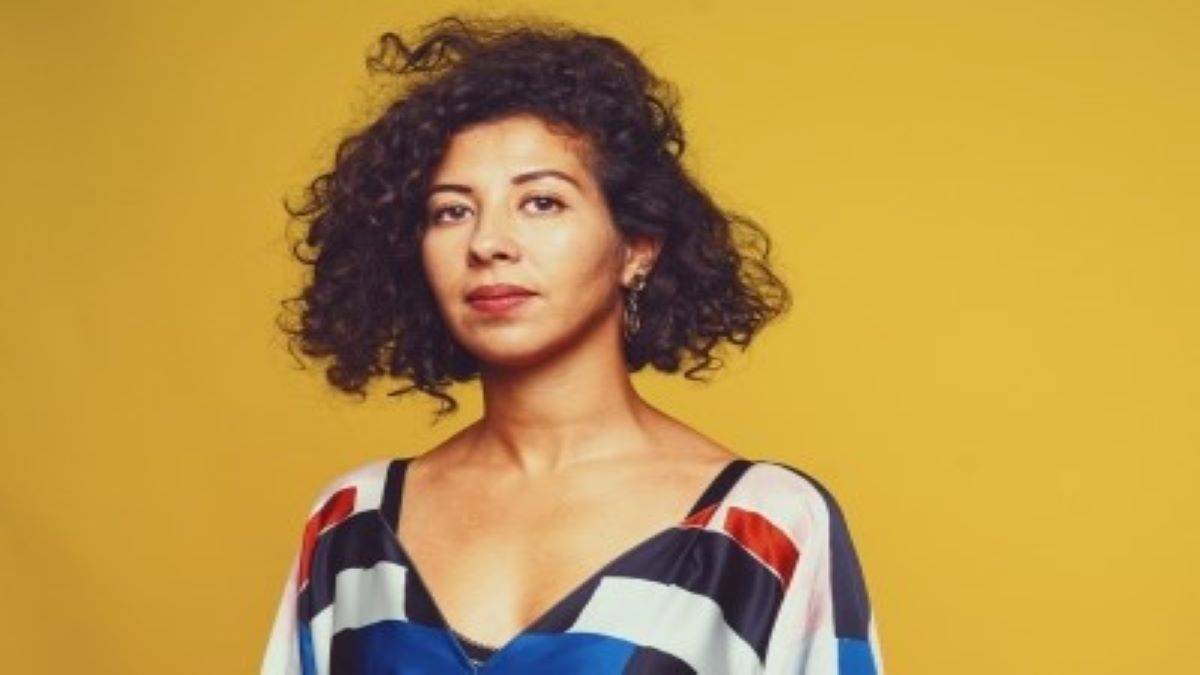 |
WTTW |
|
|
|
WTTW interviewed filmmaker Assia Boundaoui about her POV film The Feeling of Being Watched, in which she investigagtes government surveillance on Chicago's Muslim community. |
|
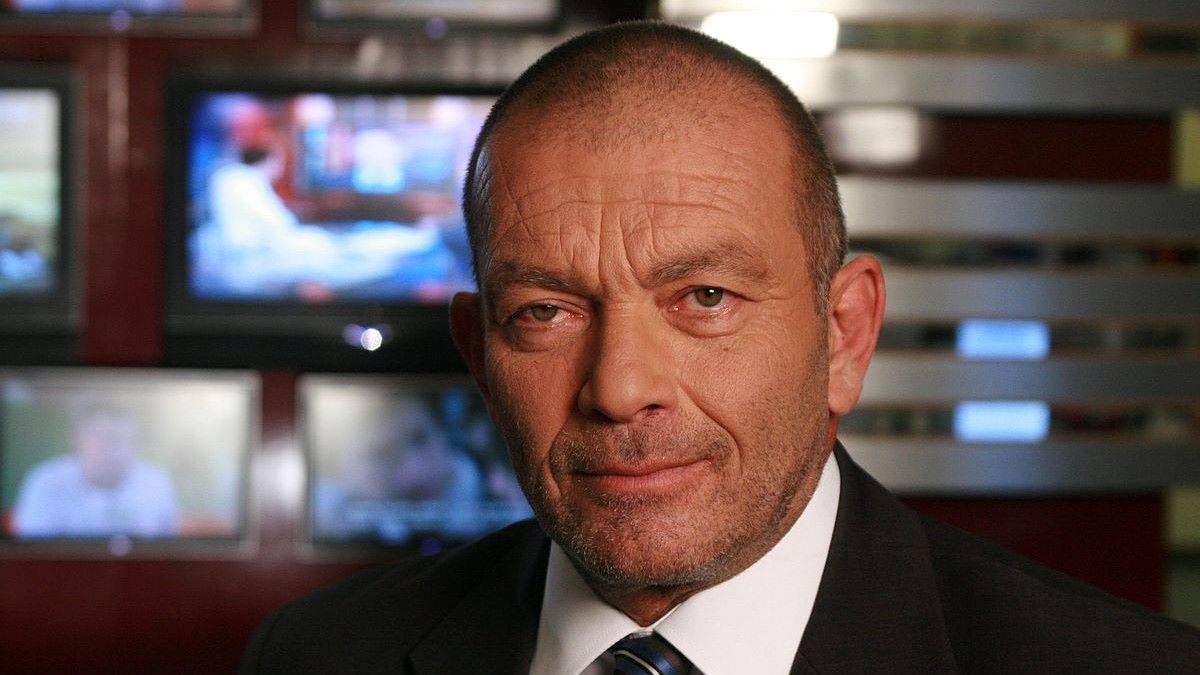 |
WFMT |
|
|
|
A respected Israeli journalist, fluent in Arabic and often mistaken as a compatriot by Palestinians, decides to experience Arab life in Israel firsthand by posing as a Palestinian |
|
|
ENGAGE |
 |
|
|
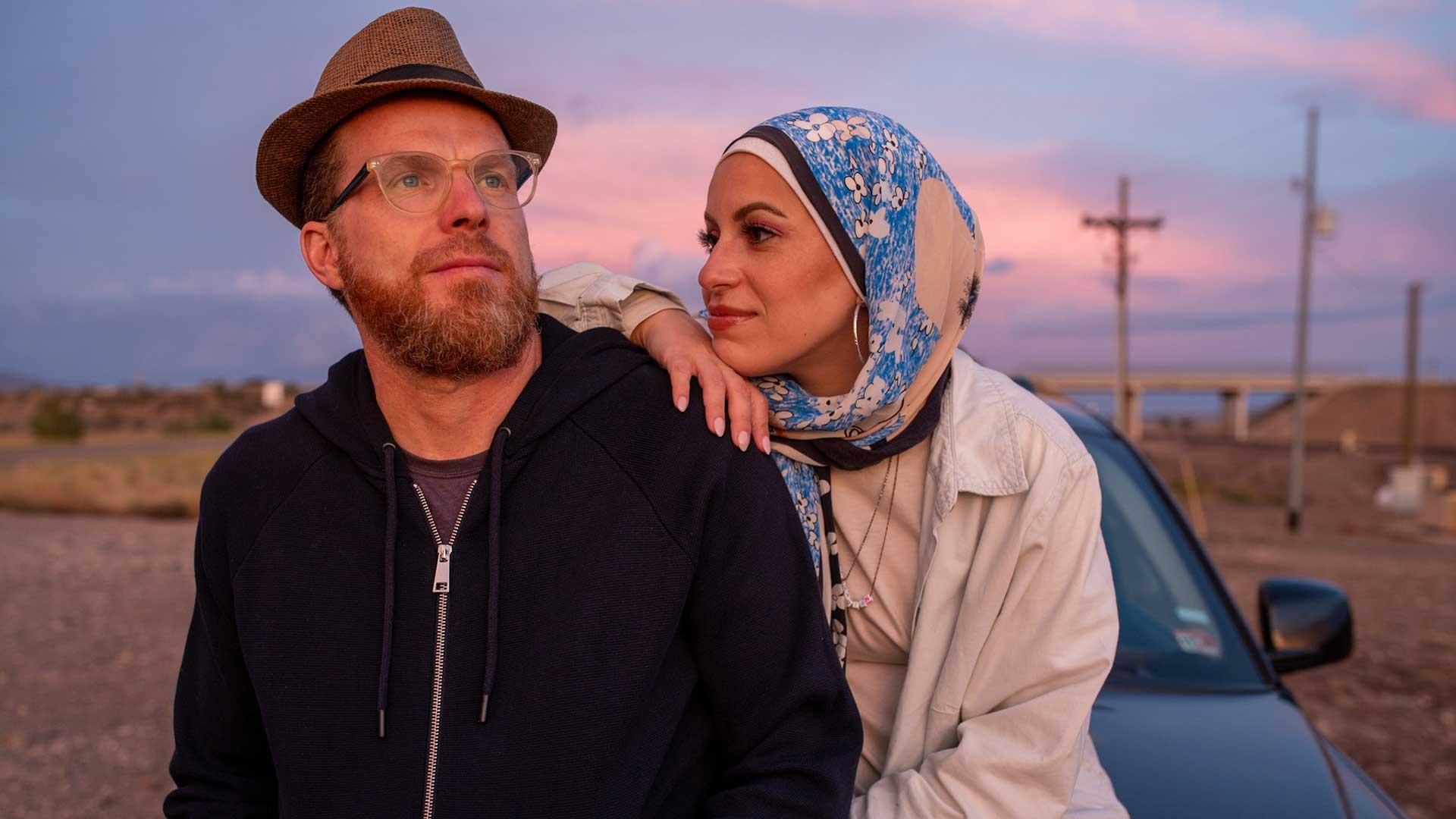 |
WTTW |
|
|
|
Revisit WTTW's community conversation about The Great Muslim American Road Trip. This moving three-part series follows a millennial Muslim American couple on a cross-country journey. |
|
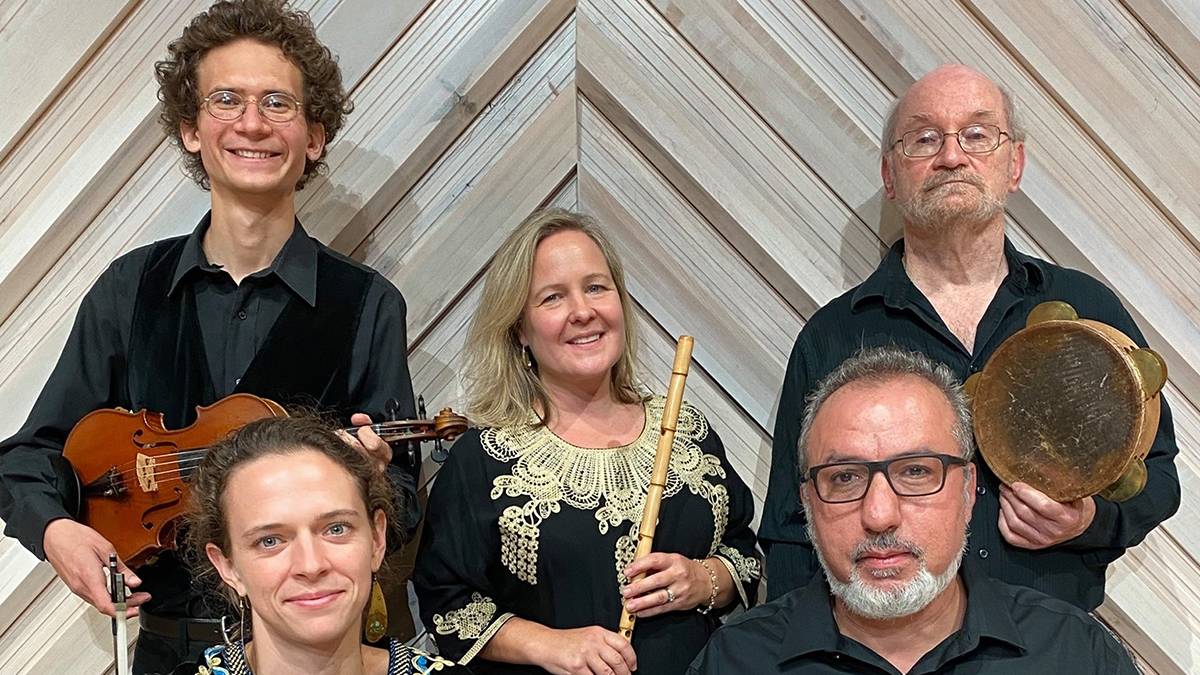 |
WFMT |
|
|
|
The Chicago Arabic Music Ensemble, a local group that explores the beautiful sounds of the Arabic world, will perform on Tuesday, April 18 at 7:00 pm at Mount Prospect Public Library. Register free. |
|
|
WATCH/LISTEN |
 |
|
|
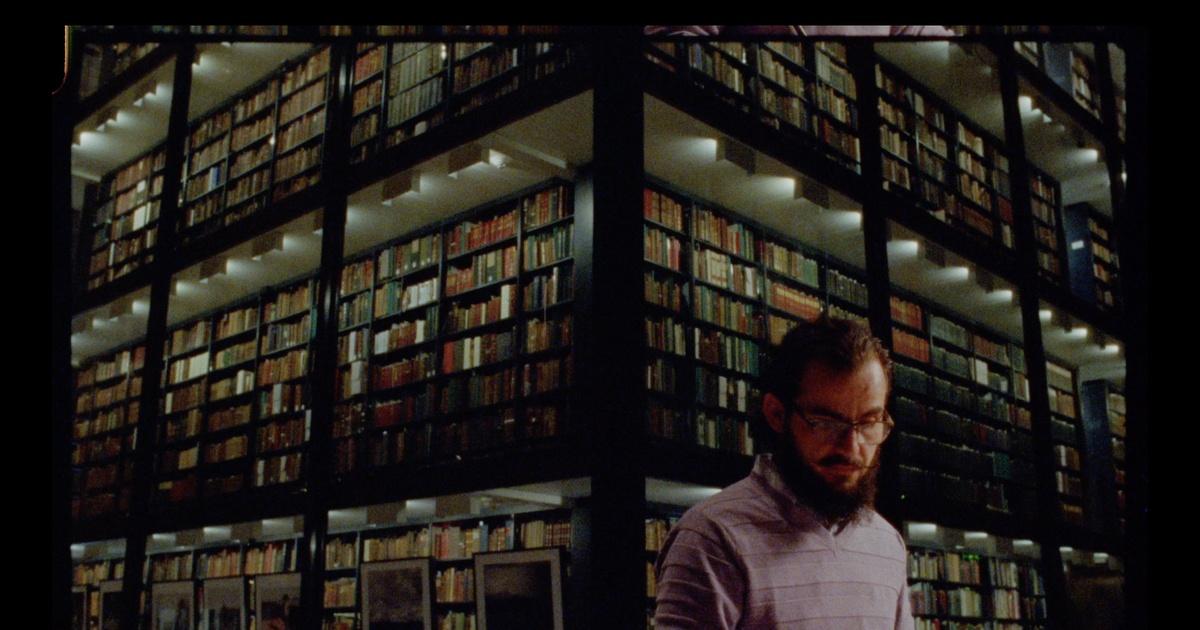 |
WTTW |
|
|
|
Mohamad Hafez received a one-way ticket to the United States. Missing his homeland, he decided to create a stand-in. Watch a story of love, loss, and creating pathways home. |
|
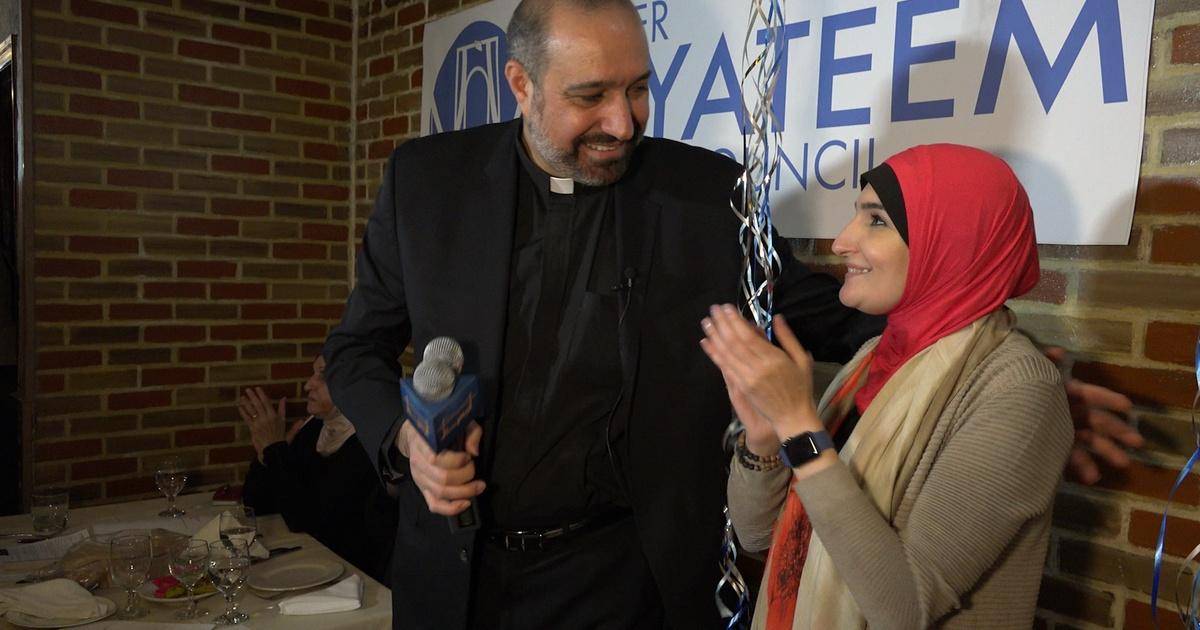 |
WTTW |
|
|
|
Father Khader El-Yateem is campaigning to be New York City's first Arab American councilman. His bid reveals the aspirations and divisions of his multicultural district. |
|
|
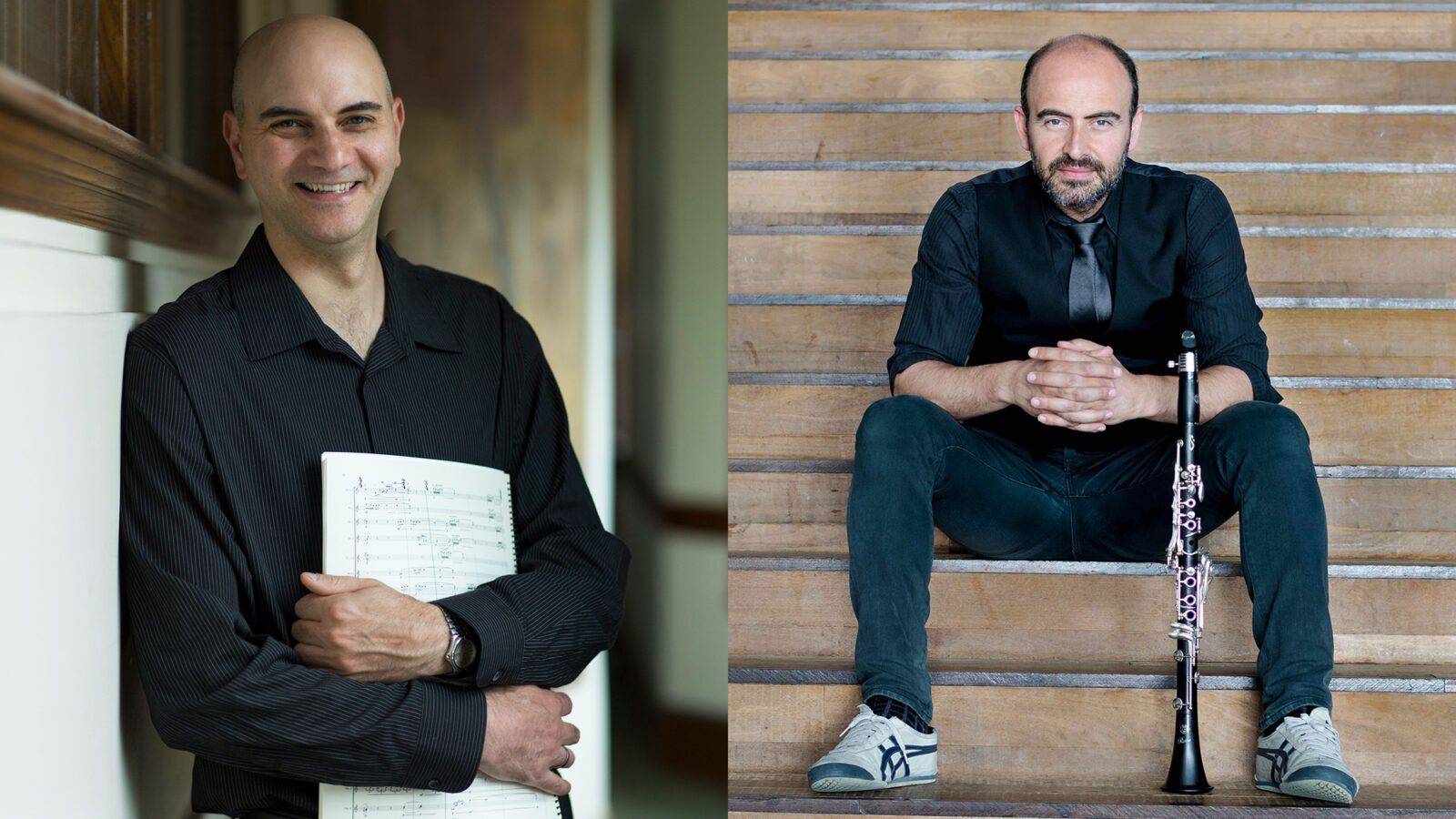 |
WFMT |
|
|
|
Clarinetist Kinan Azmeh and composer Kareem Roustom, friends and Damascan natives, discuss Roustom’s clarinet concerto Adrift on the Wine-Dark Sea, composed for Azmeh. |
|
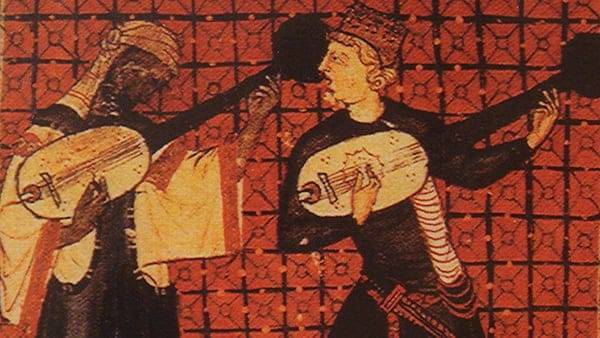 |
WFMT |
|
|
|
The history of European music may owe more to Arab culture than we realize. WFMT examines the importance of cross-cultural collaborations among European and Arab musicians. |
|
|
|
|
 |
 |
Tarawih, Soul Relaxation
by Ahmed Rehab, Executive Director, Council on American-Islamic Relations |
|
800,000 people prayed shoulder to shoulder last night at Tarawih prayer at Hassan II Mosque in Casablanca, Morocco, the largest mosque in Africa and the most beautiful I’ve ever visited.
Tarawih means "Soul Relaxation," a spiritual meditative communal prayer that takes place nightly in Ramadan in mosques small and large, in the US and around the world, meant to take the mind away from life’s grind and into an oasis of calm and reflection through connection to God. In Islamic prayers, rich and poor, old and young, black and white take equal space and equal roles to form a wall of unity from the lines described in the Quran as laid bricks.
Ramadan, the holiest month of the Islamic calendar that occurs on a lunar cycle, is a period of spiritual and physical recharging for the world’s two billion Muslims. Other than special communal nightly prayers, intermittent fasting from all food and drink from dawn to sunset, and generous giving to charities define the month. Culturally, Muslims are festive as well as somber during this month, despite its seeming hardships. Lanterns, decorative lights, and moons and stars adorn homes, mosques, and streets. Shops are filled with special food, pastries, and sweets, and the year's most sought-after television shows and programs are timed for Ramadan. |
|
|
|
This year, London’s version of Times Square – Piccadilly Circus – has joined in decking the halls for the first time ever. For decades, Muslims who are and have been a significant part of British - particularly, London - life were accustomed to passing by Christmas and Hanukkah public displays. At the same time, their high holidays, including Ramadan, which is a globally MASSIVE event, were swept under the carpet as a private and foreign affair. But this year, British Premiere League, the world’s most-watched sports league, will be pausing so that its Muslim players, some of the top players in the league, break their fast. Another significant first. |
|
|
|
Slowly but surely, Western Muslims are staking their natural space as a native culture to the lands they call home. You can see signs of this emerging from mainstream television advertising to kids' cartoons to shopping platforms to public squares to professional sports platforms.
The world needs Ramadan regardless of one’s faith disposition, just as the world needs Christmas. In an increasingly materialistic world where highs are constantly sought though increasingly short-lived, Ramadan is a reminder to the world to pause, listen, feel, appreciate, bond, respect, love, and reflect. Surely, we can all benefit from that. |
|
|
|
|
|
|